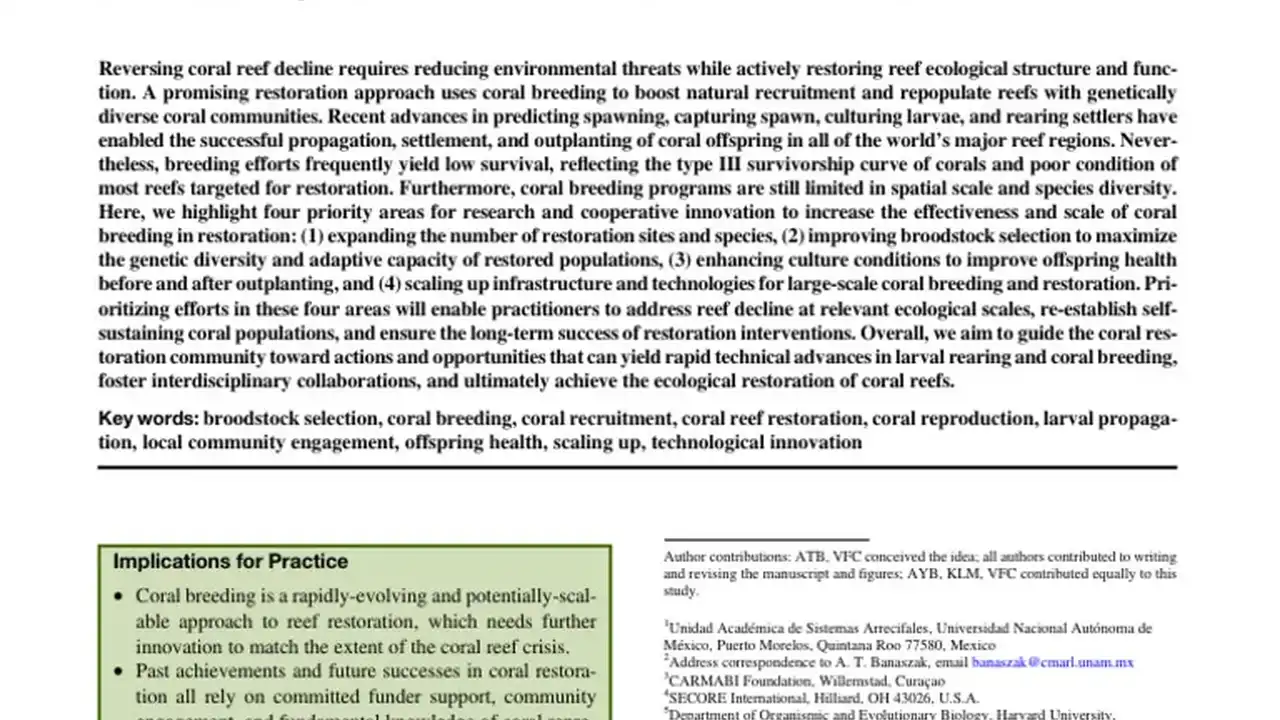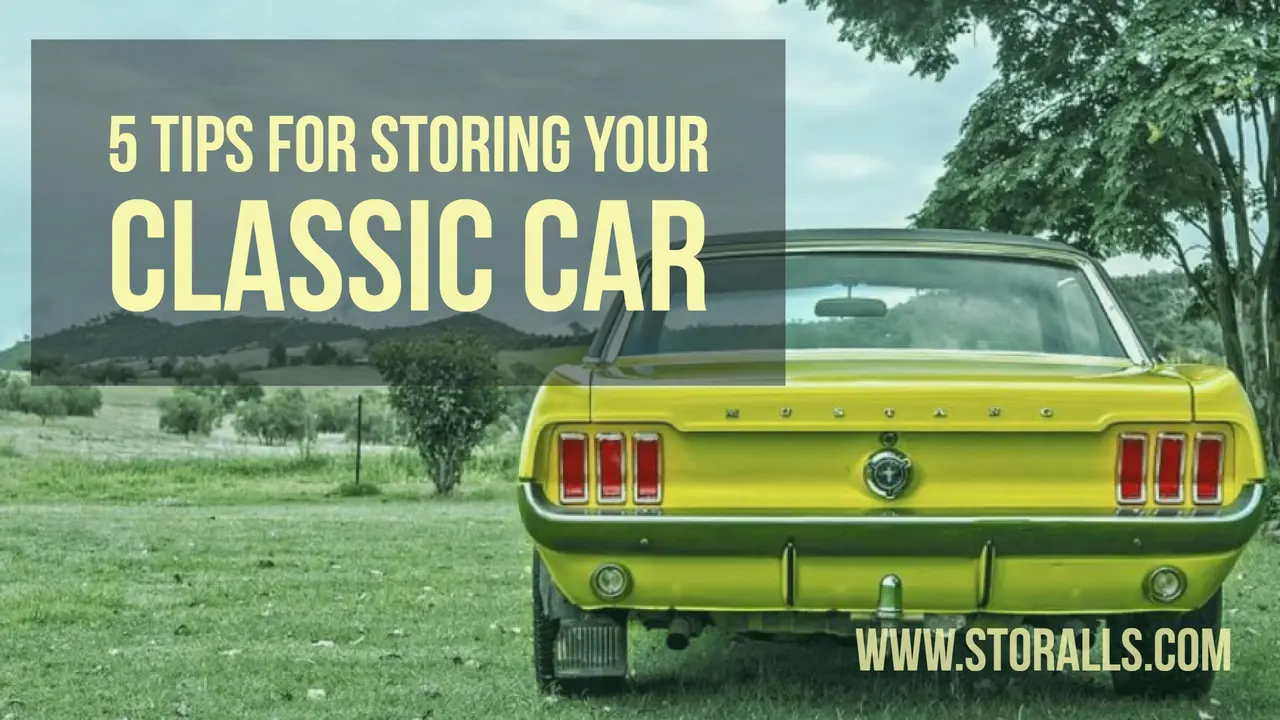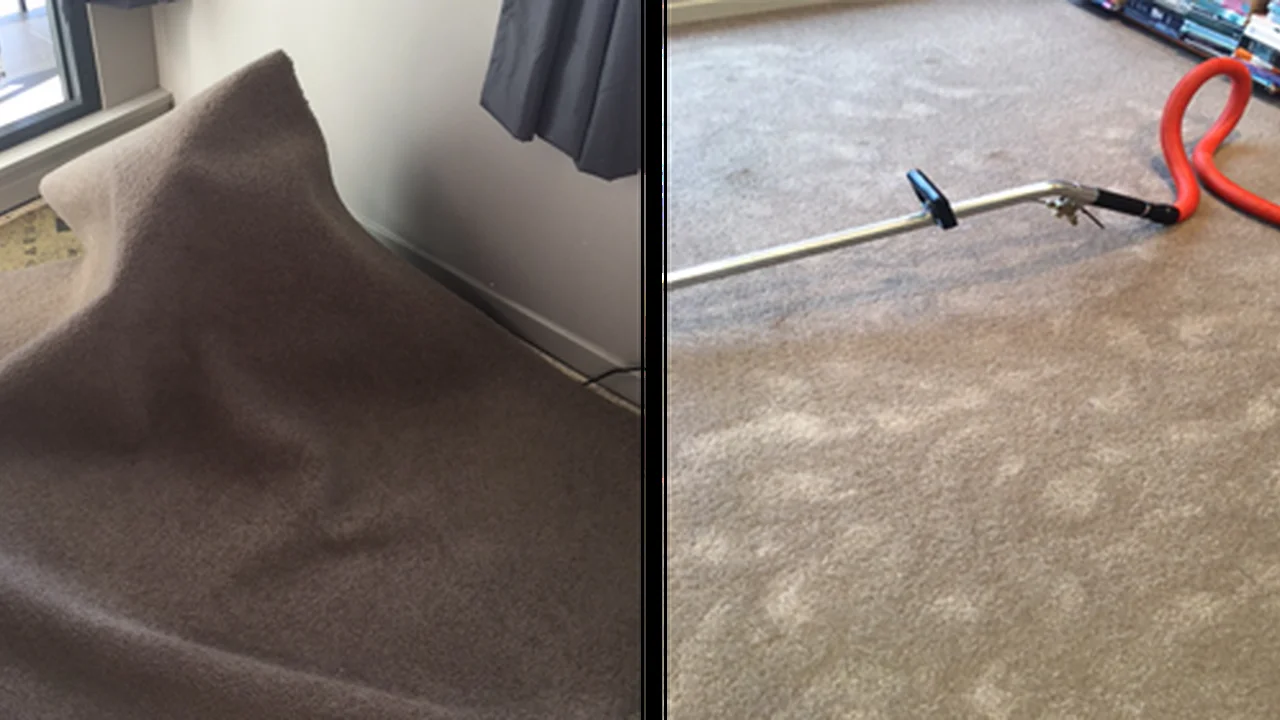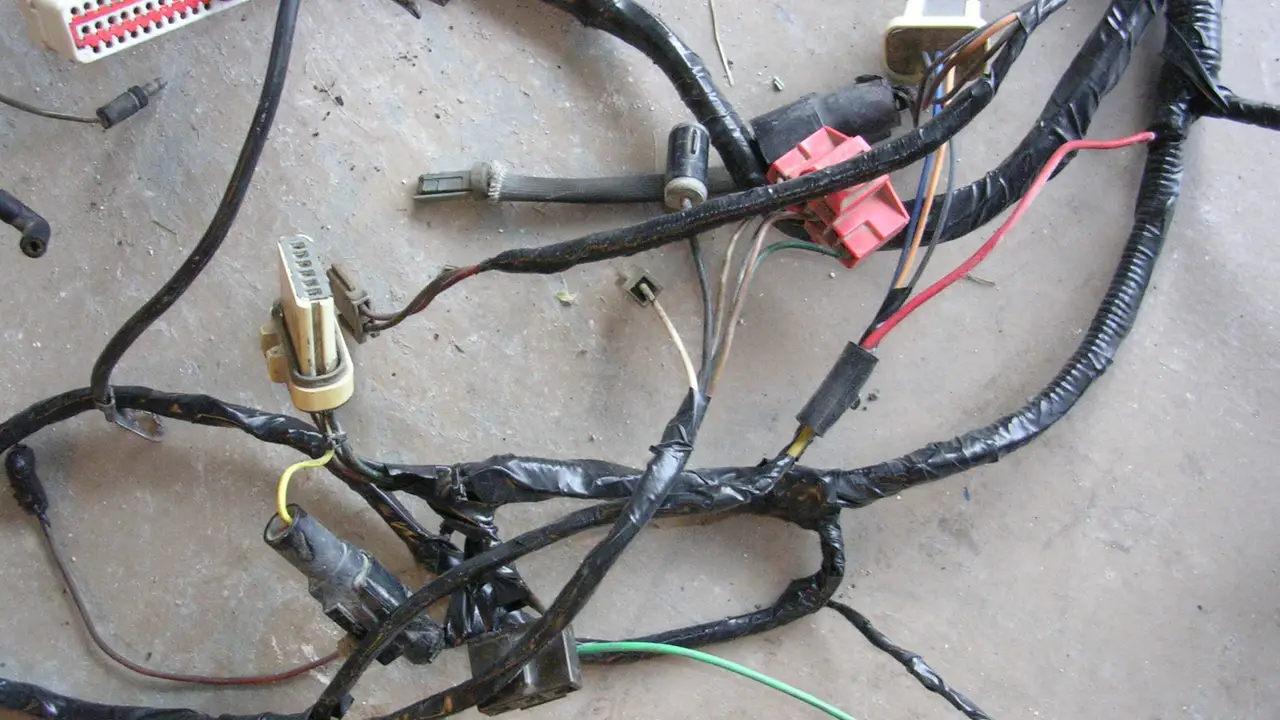5 Essential Tools for Classic Car Bodywork
Discover the must-have tools for performing professional-quality bodywork on your classic car. Learn about their uses and benefits. Achieve flawless results and restore your car's original beauty.
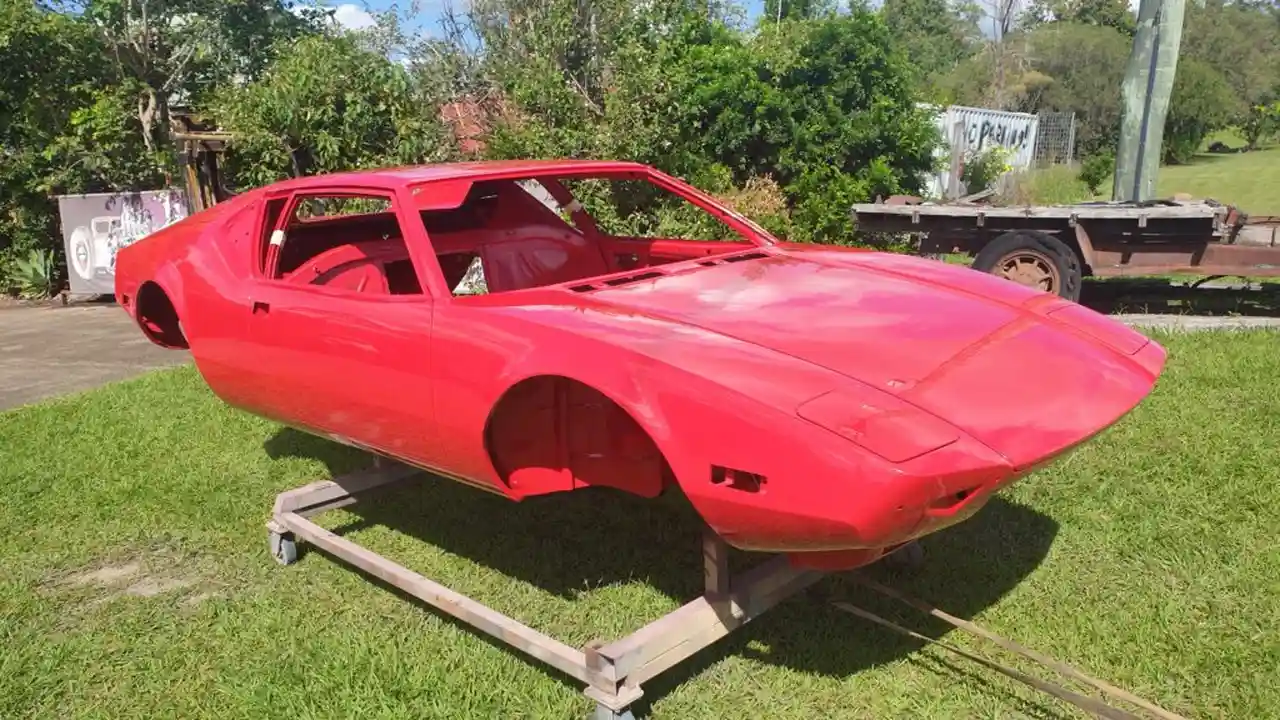
Essential Sanding Tools for Classic Car Bodywork Restoration
Okay, let's dive into sanding. This is where the magic happens – smoothing out imperfections and prepping surfaces for paint. You'll need a variety of sandpaper grits, from coarse for initial material removal to fine for final smoothing. Think 80 grit to start, then move to 120, 180, 220, and finally 320 or even 400 for the ultimate smooth finish before primer. Don't skimp on quality here. Cheap sandpaper falls apart and doesn't cut well.
Product Recommendations:
- 3M Sandpaper Assortment Pack: A great starter pack with a variety of grits. Around $20-$30. Good for general use.
- Norton Abrasives 3X Sandpaper: A bit more expensive but lasts longer and cuts better. Expect to pay around $30-$40 for a pack. Ideal for larger projects.
- Sanding Block: Essential for even sanding and preventing finger grooves. A good rubber sanding block will cost around $10-$15.
Sanding Techniques: Always sand in a consistent pattern, and use a sanding block to distribute pressure evenly. Wet sanding (using water with your sandpaper) is crucial for achieving a super-smooth finish, especially before applying primer and paint. Keep the sandpaper and surface wet to prevent clogging and heat buildup.
Must-Have Body Hammers for Classic Car Dent Repair
Body hammers are your go-to for reshaping metal and removing dents. You'll want a variety of shapes and weights. A bumping hammer (flat face), a pick hammer (pointed face), and a shrinking hammer (domed face) are a good starting point. The weight of the hammer depends on the thickness of the metal you're working with. Lighter hammers for thinner panels, heavier hammers for thicker steel.
Product Recommendations:
- Eastwood Body Hammer Set: A decent set for beginners, offering a good range of hammer types. Price around $75-$100.
- Martin Tools Body Hammer: Higher quality and more durable than the Eastwood set. Individual hammers can cost $50-$80 each. Recommended for frequent use.
Using Body Hammers: The key is to use the hammer in conjunction with an off-dolly (a heavy steel block held against the back of the panel). The hammer reshapes the metal, while the dolly provides a solid backing. Practice is key! Start on scrap metal to get a feel for how the metal moves.
Dollies and Spoons for Shaping Classic Car Panels
Dollies and spoons are essential for supporting the metal while you're hammering and for shaping panels. Different shapes are used for different areas of the car. A heel dolly, a toe dolly, and a universal dolly are good choices to start with. Spoons are used to gently lift and shape metal without causing sharp creases.
Product Recommendations:
- Astro Pneumatic Tool 7834 Dolly Set: A comprehensive set with various dolly shapes. Price around $100-$150.
- Various Spoons: Individual spoons are available from various manufacturers. Expect to pay around $20-$40 per spoon.
Using Dollies and Spoons: Place the dolly behind the dent and use the hammer to gently tap the metal against the dolly. The dolly provides a solid backing and helps to reshape the metal. Spoons are used to gently massage the metal back into shape. Again, practice makes perfect!
Welding Equipment for Classic Car Rust Repair and Metal Fabrication
Welding is a crucial skill for classic car bodywork, especially for rust repair and metal fabrication. A MIG (Metal Inert Gas) welder is generally the best choice for beginners, as it's relatively easy to learn and use. You'll also need a welding helmet, gloves, and a welding cart to hold your equipment.
Product Recommendations:
- Lincoln Electric Easy MIG 140: A popular and reliable MIG welder for home use. Price around $500-$700. Good for welding thinner gauge steel.
- Hobart Handler 140: Another excellent MIG welder in the same price range as the Lincoln.
- Welding Helmet: An auto-darkening helmet is a must-have for safety and convenience. Prices range from $100-$300.
Welding Techniques: Practice your welding on scrap metal before working on your car. Learn how to adjust the welder settings for different thicknesses of steel. Proper preparation is key: clean the metal thoroughly before welding to ensure a strong and clean weld. Watch videos and take a class if possible.
Body Filler and Spreaders for Smooth Finishes on Classic Cars
Body filler (also known as Bondo) is used to fill in minor imperfections and create a smooth surface for painting. You'll need a good quality body filler, a hardener, and a set of spreaders for applying the filler evenly. Choose a filler that's easy to sand and doesn't shrink too much.
Product Recommendations:
- Bondo Body Filler: A classic and widely available body filler. Price around $20-$30 per quart.
- Evercoat Rage Gold: A higher-quality body filler that's easier to sand and provides a smoother finish. Price around $40-$50 per quart.
- Plastic Spreaders: A set of plastic spreaders in various sizes is essential for applying body filler evenly. Price around $10-$15.
Applying Body Filler: Clean the metal thoroughly and apply a thin layer of filler at a time. Use the spreaders to apply the filler evenly and avoid air pockets. Let the filler dry completely before sanding. Sand the filler smooth using progressively finer grits of sandpaper.
Comparing Body Filler Products for Classic Car Restoration
Choosing the right body filler can significantly impact the final result of your classic car bodywork. Bondo is a budget-friendly option, suitable for smaller repairs. However, Evercoat Rage Gold offers superior sanding properties and a smoother finish, making it ideal for larger, more demanding projects. Consider investing in Rage Gold for a professional-quality outcome, especially if you're aiming for a show-quality finish.
The Importance of Proper Safety Equipment
Don't forget about safety! Always wear safety glasses, gloves, and a respirator when working with bodywork tools and materials. Dust, fumes, and flying debris can cause serious injuries. Protect yourself and your health.
:max_bytes(150000):strip_icc()/277019-baked-pork-chops-with-cream-of-mushroom-soup-DDMFS-beauty-4x3-BG-7505-5762b731cf30447d9cbbbbbf387beafa.jpg)



